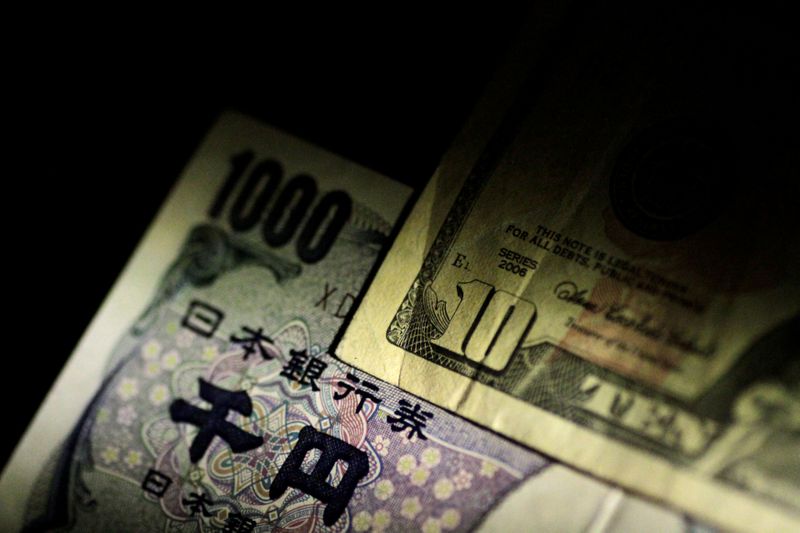By Sujata Rao
LONDON (Reuters) - The euro surged to a five-week high against the dollar on Monday, as investors discounted the chances of big ECB rate cuts to counter coronavirus damage, while the greenback was pressured by the likelihood of full-blown Fed policy easing.
Panic in global markets that saw world shares shed almost $6 trillion last week prompted U.S. Federal Reserve Chairman Jerome Powell to issue a statement late on Friday saying the Fed would "act as appropriate" to support the economy.
Investors took his comments as a hint that the Fed will deliver a cut when it meets from March 17-18, and as an encouragement to central banks around the world to follow suit. Futures <0#FF:> now imply a 50 basis point cut at the meeting.
Investors are also betting that other central banks will follow its example by easing policy - but some, such as the European Central Bank, are constrained from cutting rates that are already deep in negative territory.
"The Fed is among the G10 central banks with the highest interest rates so it has more room to cut rates, and that's making the dollar weaker. What's priced for the ECB is roughly 15 basis points by the end of 2020, while for the Fed it's 100 bps," said Ulrich Leuchtman, head of FX strategy at Commerzbank (DE:CBKG) in Frankfurt.
The dollar index, measured against a basket of currencies, slipped 0.3% (=USD) while against the euro the greenback was down 0.8% (EUR=EBS) to $1.1128, the lowest since Jan. 23.
Markets now see a 50-50 chance of some kind of European Central Bank easing next week and a rate cut of 10 basis points in April. A gauge of long-term euro zone inflation expectations fell to a new record low of just above 1%
But ECB policymakers, including its president, Christine Lagarde, have shown reluctance to cut rates from the current minus 0.5%.
"I would be cautious in thinking the ECB does anything other than liquidity provision," said Colin Harte, head of multi-asset at BNP Paribas (PA:BNPP) Asset Management.
Bank of Japan Governor Haruhiko Kuroda also said the BOJ would take necessary steps to stabilise financial markets. The yen
Markets are expecting Australia to cut rates on Tuesday, and possibly Canada later in the week.
The Australian dollar rose 0.6% to $0.6544
But the scale of the virus's spread means markets remain on edge. Chinese PMI surveys underscored the risk to world growth, showing the sharpest contraction in manufacturing activity on record.
German PMIs appeared to show the downturn was easing but IHS Markit, the compiler of the data, said it could be a "false dawn" that did not fully incorporate the effects of the virus.
